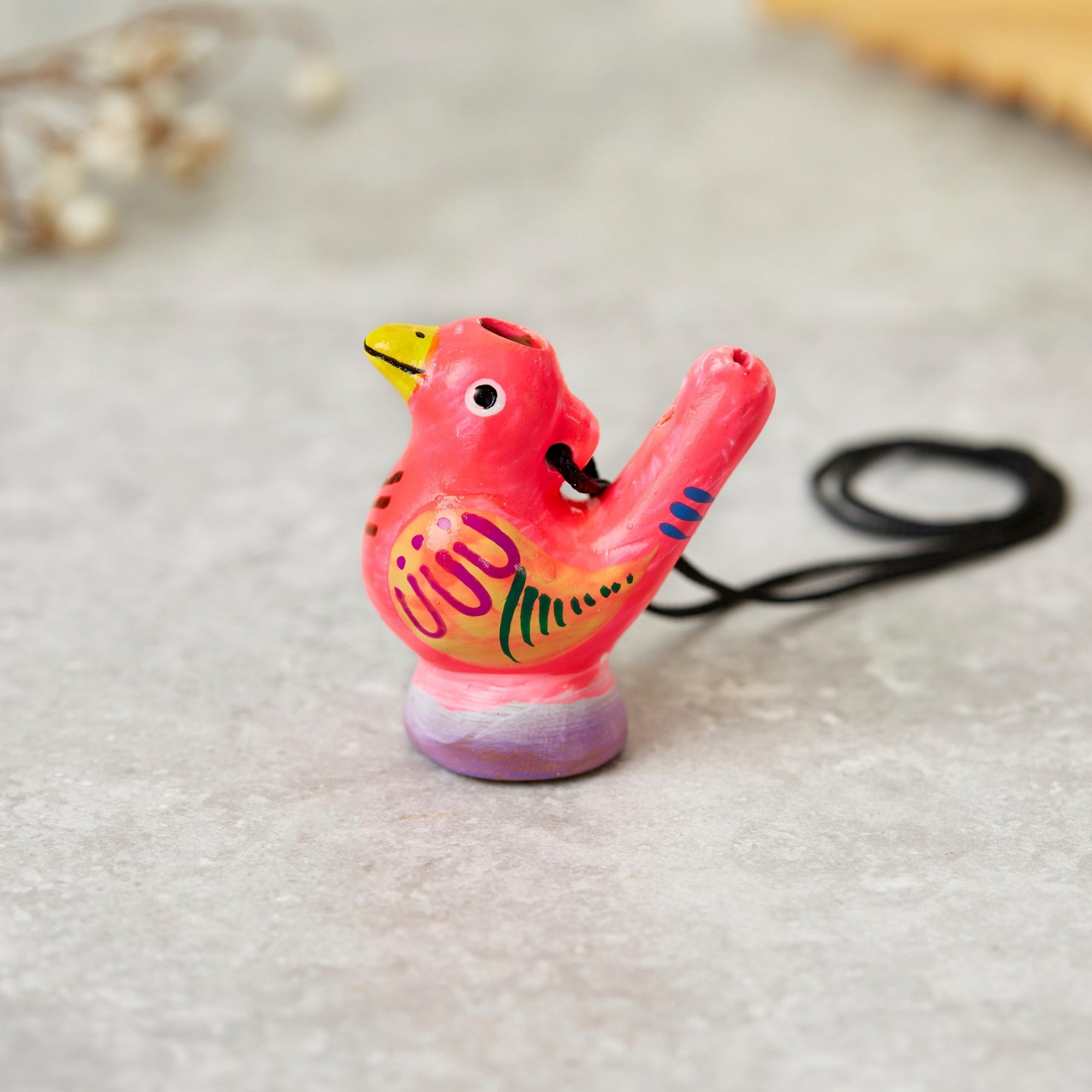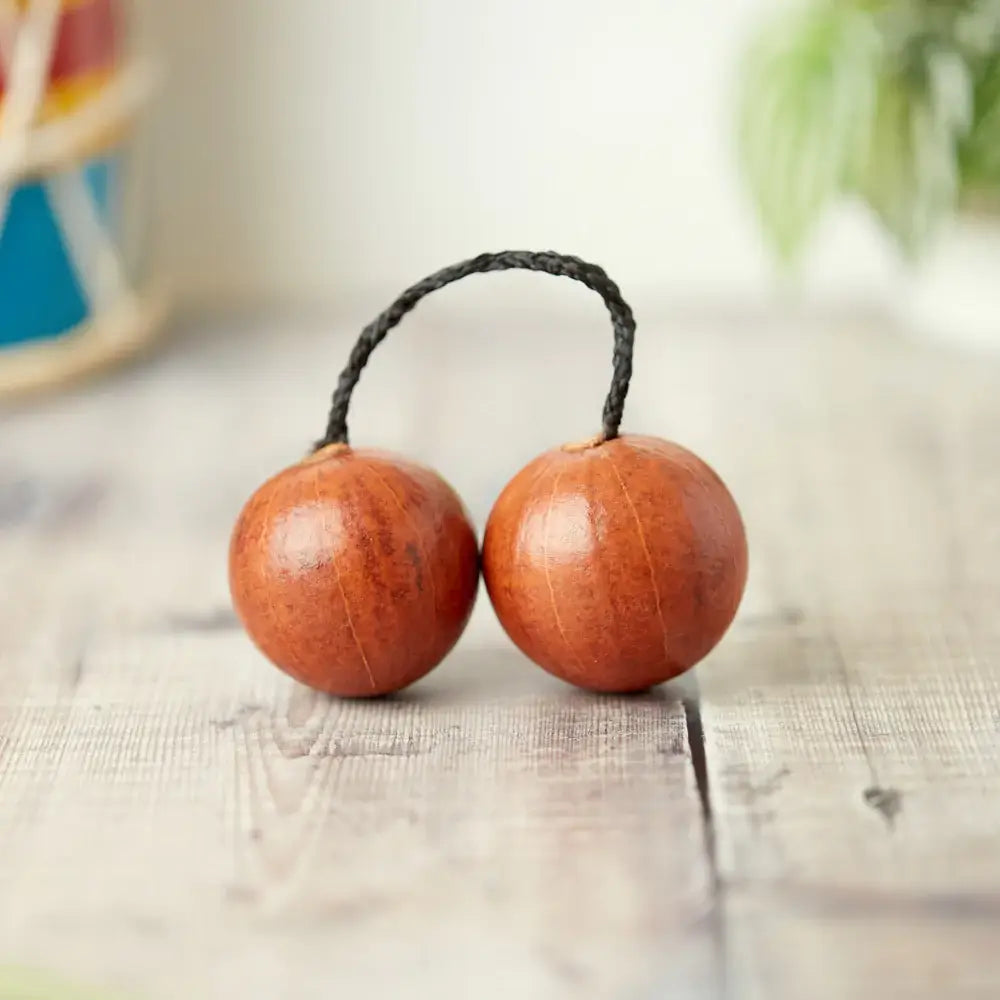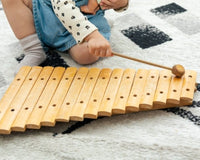Blog

Where to buy a Mouth Bow - Buying Guide
The mouth bow is a simple yet expressive traditional instrument—a flexible wooden stick with a single string that players hold near their mouth to ...
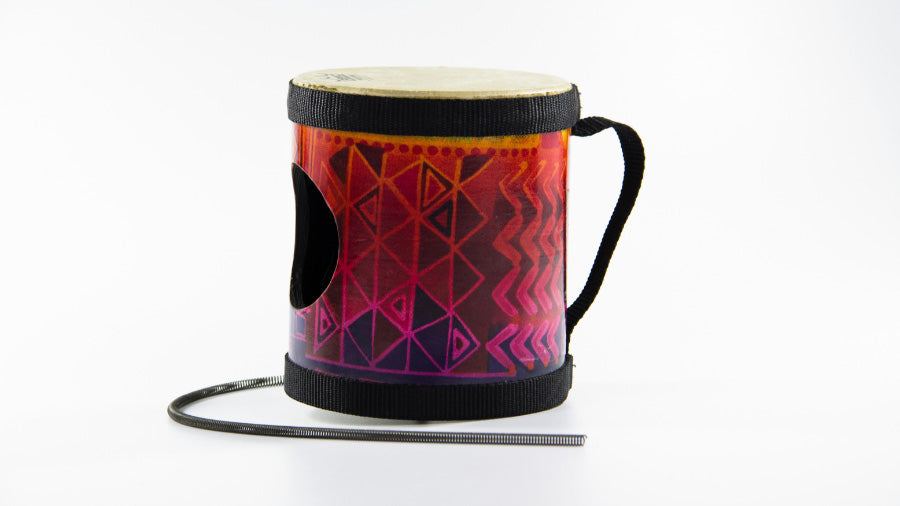
Where to buy a Thunder Drum - Buying Guide
The Thunder Drum is a large percussion instrument that creates a deep, rumbling thunder-like sound by vibrating a metal coil against a stretched dr...
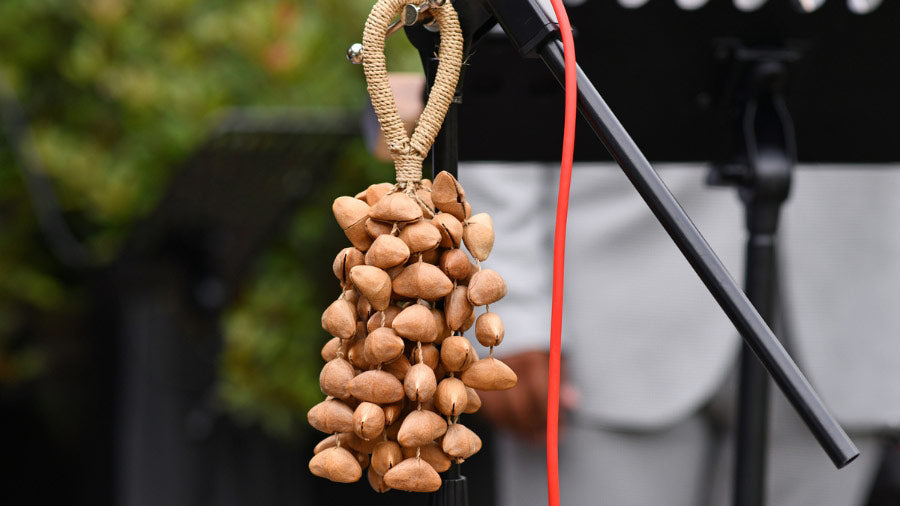
Where to buy Nut Clusters - Buying Guide
Nut clusters are natural percussion instruments made from dried seed pods or nutshells strung onto a handle or fabric, producing a crisp, earthy ra...
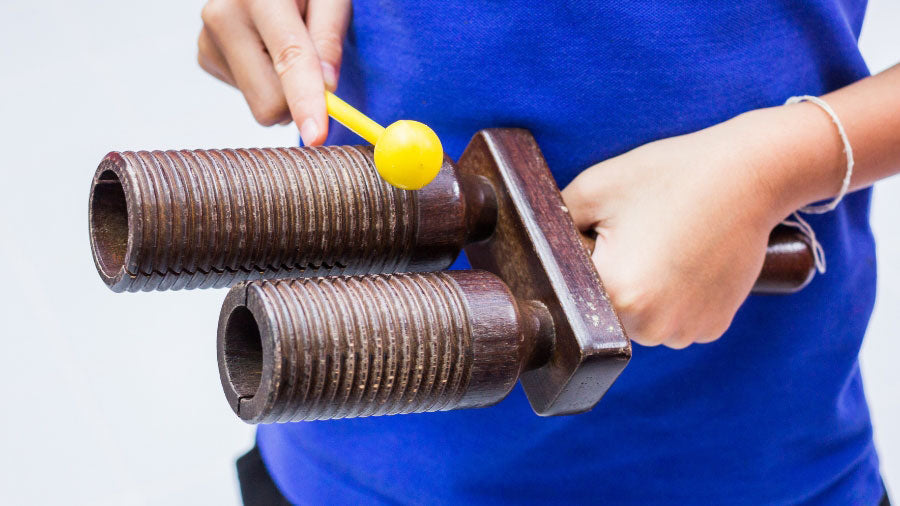
Where to buy a Tone Block - Buying Guide
Introduction, what is this instrumentA tone block, also known as a woodblock or temple block, is a hollow wooden percussion instrument struck with ...
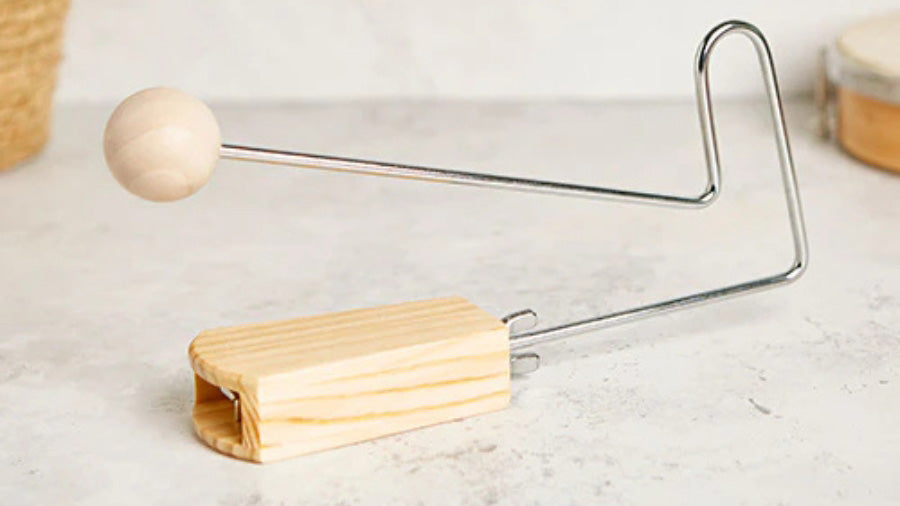
Where to buy a Vibraslap - Buying Guide
The vibraslap is a quirky percussion instrument known for its dry, rattling "jawbone" sound—perfect for adding tension, humor, or drama in music an...
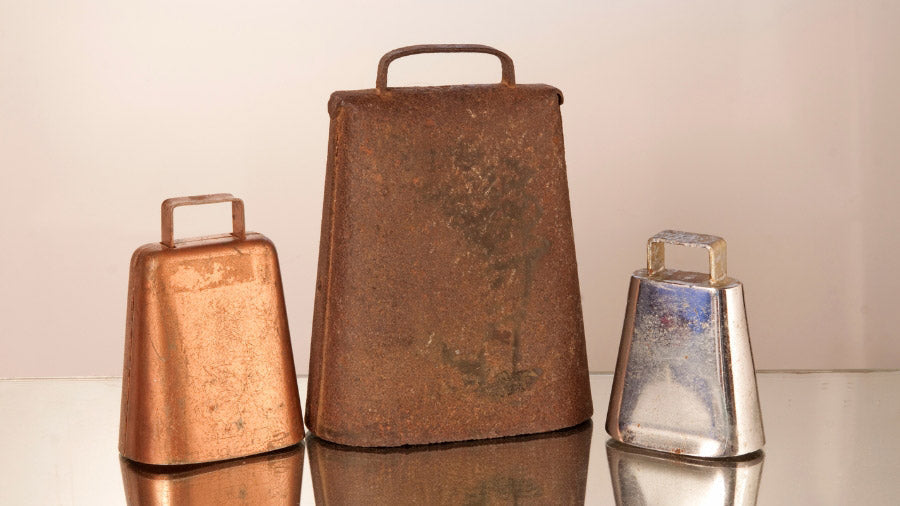
Where to buy a Cowbell- Buying Guide
A cowbell is a handheld percussion instrument made of metal, shaped like a hollow bell without a clapper, and played by striking it with a stick or...
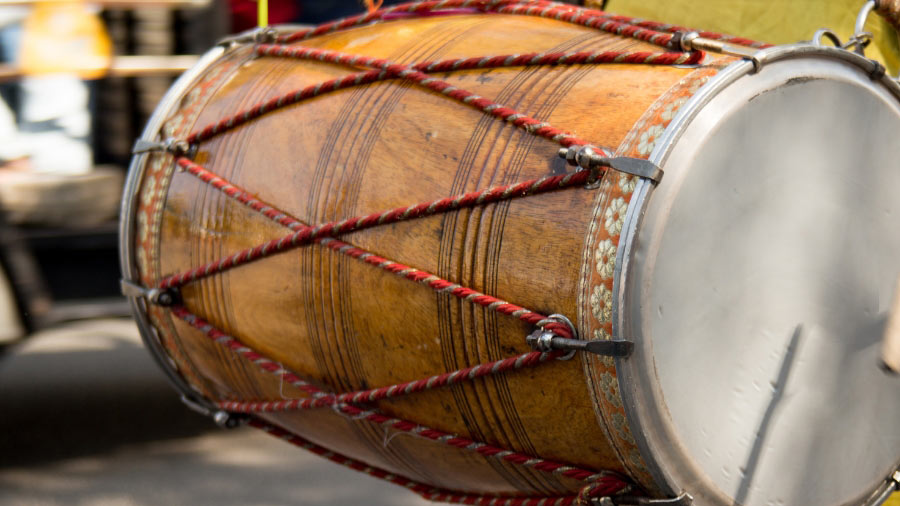
Where to buy a Dhol Drum - Buying Guide
The dhol is a large, double-headed drum from South Asia, traditionally made of wood with animal or synthetic skin heads, and played using two stick...
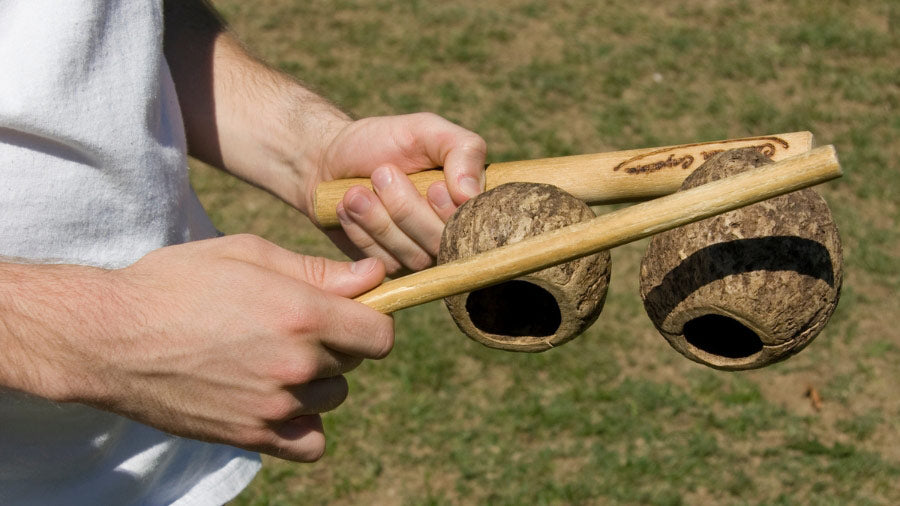
Where to buy an Agogo - Buying Guide
The agogo is a traditional percussion instrument consisting of two or more metal or wooden bells of varying sizes, linked together and played with ...

Where to buy Mallets - Buying Guide
A mallet is a type of percussion beater used to strike instruments like xylophones, marimbas, glockenspiels, vibraphones, and drums to produce soun...
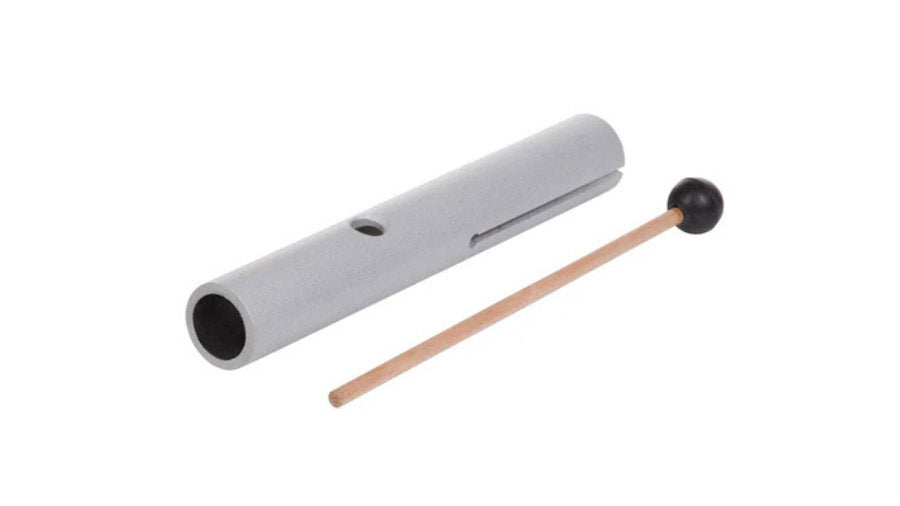
Where to buy a Kutawapa - Buying Guide
The Kutawapa, also known as the "wah‑wah tube," is a metal percussion instrument invented in India, constructed from a slotted cast‑aluminium tube ...

